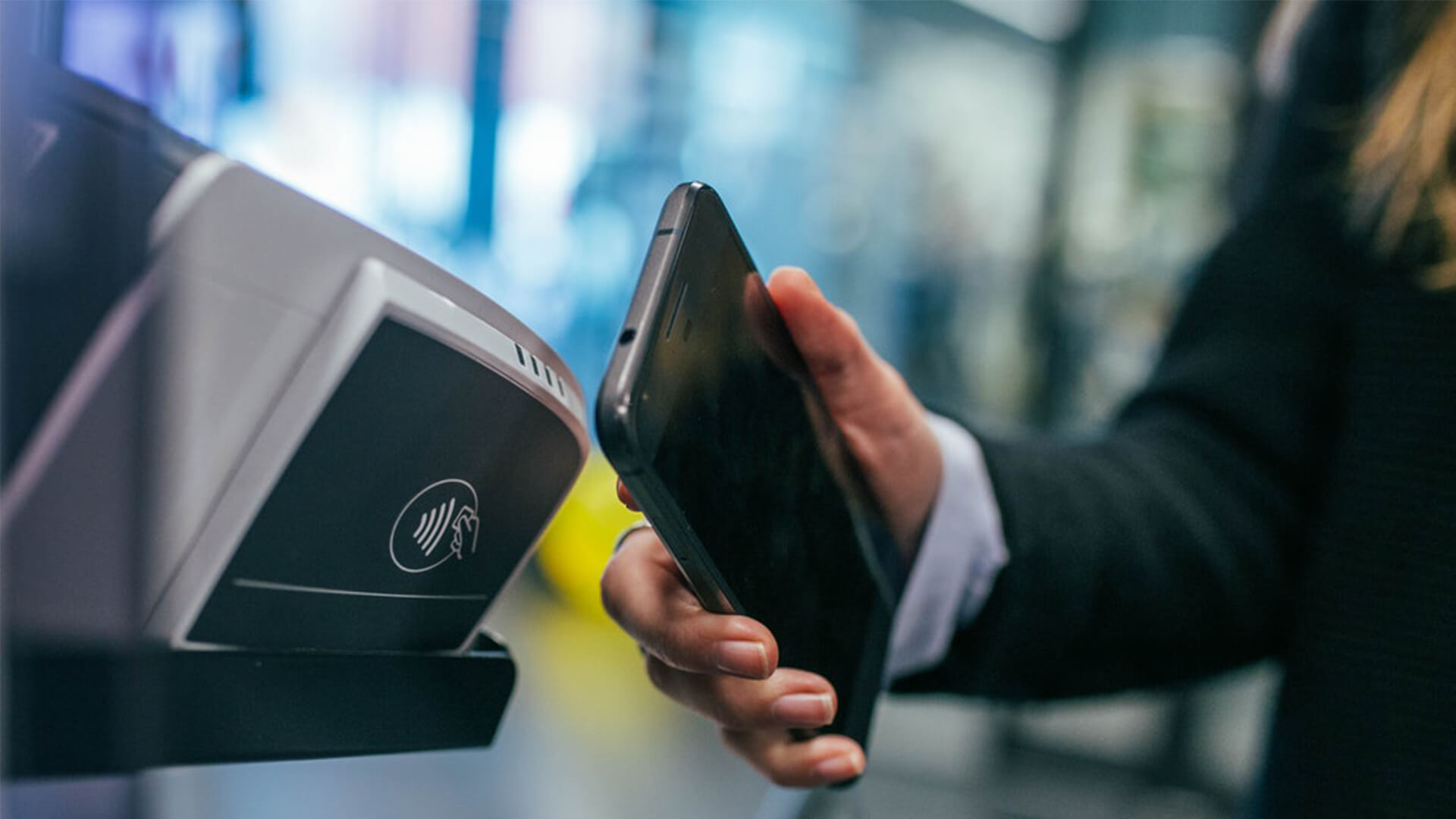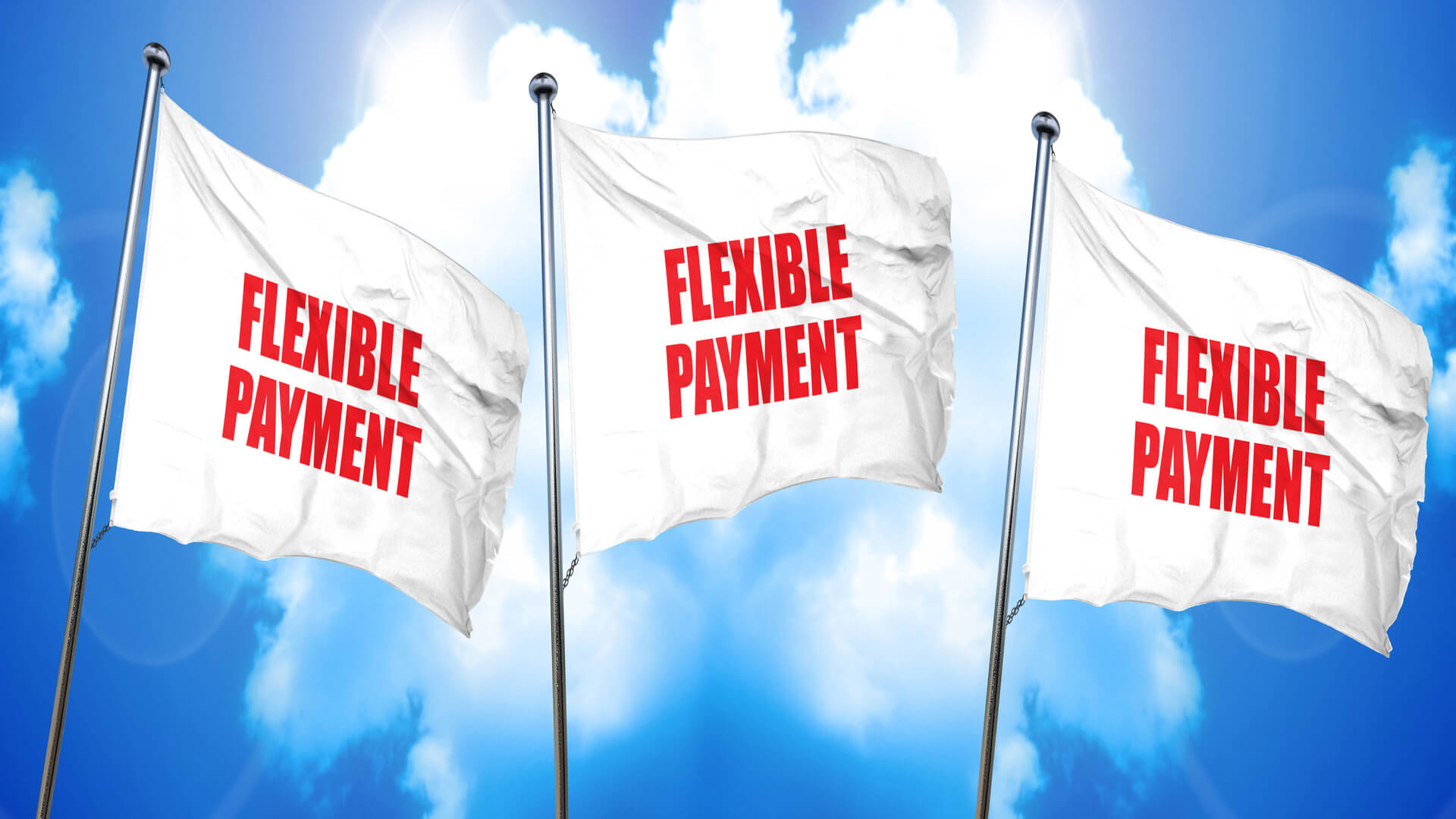Calling all businesses- 5G network is almost here! With over two thirds of payments being by card, it is no surprise that a faster, more efficient network could translate into faster, more efficient sales. If you are a business that has been accepting card payments for a while, you have probably familiarised yourself with a traditional POS system.
A traditional POS system is a fixed monitor with a touch screen that often links to your cash register, telephone line and central processing unit. MPOS (mobile point of sale) is the latest trend using a portable smartphone or tablet that functions as a register for taking payments. With contactless payment methods like Apple Pay increasing in popularity, mPOS is for the customers who simply want to tap their phone and go.
Want to learn more about the benefits of using mPOS as opposed to traditional POS systems? The business communications specialists at A1 Comms have compiled a list of 7 benefits using a mPOS system. Having worked with leading networks such as EE, 3, 02 and Vodafone, they understand that businesses need a fast, reliable network to secure continuous sales via mPOS systems. That’s why they have been providing business to business communications since 1997.
1) It’s more cost effective
Traditional POS systems usually have a high upfront cost. Typically, this is around the £1000 mark, plus another £800 a year to continue using updated POS software. For smaller business’s, the idea of a traditional POS system can seem daunting and unnecessary, due to the initial and continuous high cost. The biggest benefit to using an mPOS is that it is much more cost effective. Instead of investing in a fixed, electronic register and baring a big cost, mPOS breaks it down into smaller monthly maintenance payments and relies on a cloud-based subscription. This means that for a small upfront cost, vendors can easily access their customer data from virtually anywhere where there’s WiFi connection.
2) Shorter checkout and return lines
Say goodbye to boring, time consuming queues and say hello to customer satisfaction and quick service. According to Verifone, approximately 75% of customers wouldn’t wait longer than 5 minutes in a queue, meaning slow service equals slow sales. MPOS is designed to make business’s more efficient with card and mobile payments, therefore increasing profitability and creating shorter checkout and return lines. Customers can simply tap their phone and pay for an item knowing their information is safe and secure.
3) Limits a business’s liability
Protecting data in POS environments is pivotal for customer trust in your business. Traditional POS systems risk unauthorised access to electronic payment systems by fraudulent individuals wishing to steal debit and credit card information. With mPOS, the main difference is that credit and debit card data is not stored, which significantly reduces the risk of any breaches of security happening. Whilst no system or device is
totally safe from an attack or breach, mPOS minimises the risk and a business’s liability through encrypted transactions and no card data being stored.
4) Easier to confirm identities during payments
Biometrics such as fingerprint and facial recognition can also be used with mPOS to confirm the identities of customers during payments, adding another layer of security. This new way of authenticating a customer’s payment shows that security and convenient, fast technology can go hand in hand.
5) View customers checkout history
With mPOS, staff can view past transactions, loyalty rewards, online browsing history, and anything else that could help teach staff about the needs of the customer in front of them. Not only does this feature increase customer satisfaction but it also improves staff performance as they are able to easily access data of what the customer expects and already loves. Ultimately, mPOS uses customer information to allow staff to make more effective, relevant sales.
6) Minimal setup
Not only are mPOS systems much more cost efficient and secure, but they are generally easier to set up too. The setup required is often downloading and launching an app and making sure the card reader accessory is compatible with all types of card types and mobile software. Whilst mPOS is usually easier, more complex systems may require technical expertise and setting up a local server. Still, in comparison to what can be expensive, fixed and technically challenging POS systems, the portable and efficient mPOS seems extremely appealing.
7) Easy to integrate with existing systems
When choosing your mPOS system, a factor to consider is whether it will compliment your existing POS system. There are some mPOS systems specifically designed to work with old, traditional POS software and others which can work independently beside or instead of it. As aforementioned, setup with mPOS is easy and usually consists of downloading an app, creating an account and then connecting your card reader, receipt reader and printer via Bluetooth. A good tip to migrate your data by
Business News Daily is to simply look for a downloadable spreadsheet template that you can copy and paste product data into. Then, upload this new spreadsheet to your new mPOS system. It’s as simple as that!



























